In a dramatic turn of events, MyPillow, the once-thriving pillow company led by vocal Trump supporter Mike Lindell, has been evicted from its warehouse in Shakopee, Minnesota. The eviction, stemming from over $200,000 in unpaid rent, is just one of the many challenges faced by Lindell and his company in the wake of his unwavering commitment to denying the legitimacy of the 2020 presidential election.
Landlord Takes Legal Action, Forcing MyPillow’s Eviction
The eviction proceedings were set in motion when the landlord presented evidence of MyPillow’s substantial financial delinquency to a Scott County judge. After carefully reviewing the case, the judge ruled in favor of the landlord, ordering the eviction of MyPillow from the premises. Lindell, in a phone call with Newsweek, described the situation as “amicable” and “a little tricky,” acknowledging the landlord’s preference for foreclosure over finding a new sublease.

Despite the eviction order, Lindell emphasized that the warehouse had not been in use by MyPillow for a year and that the company had other facilities to continue its operations. The CEO’s relatively nonchalant attitude towards the financial obligations related to the warehouse has raised eyebrows, given the company’s recent challenges.
Sublease Fallout Leaves MyPillow Holding the Bag
Before the eviction, MyPillow had secured a sublease agreement with a new tenant who intended to use the warehouse for storing food products. However, in a surprising turn of events, the tenant abruptly withdrew from the agreement just two days before the scheduled move-in date of March 1. This unexpected development left MyPillow with a vacant and cleaned warehouse, still burdened with the $90,000 monthly rent obligation.
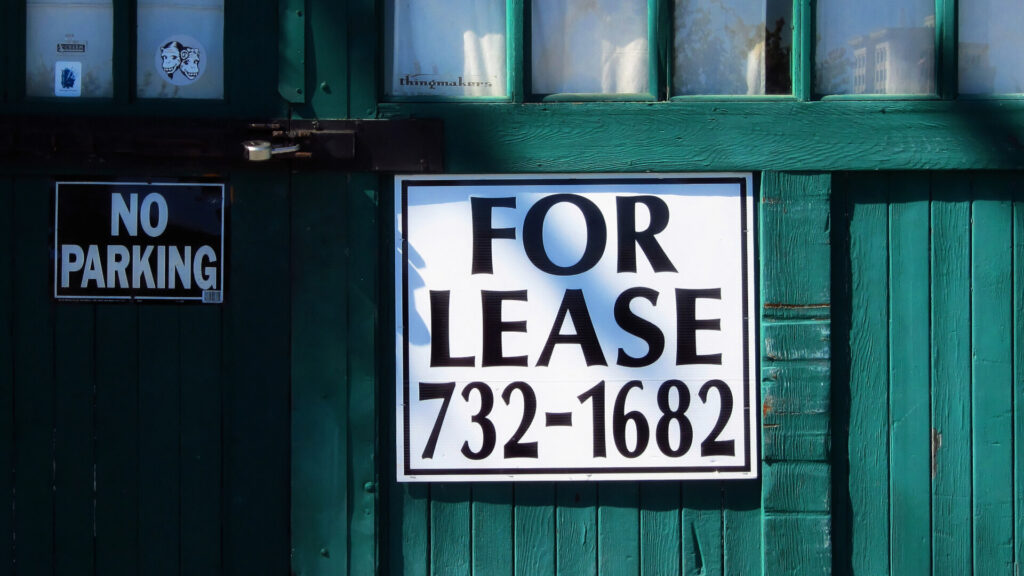
Lindell assured Newsweek that MyPillow is actively working with a realtor to find a new sub-lessee and is prepared to cover the financial gap in the interim. “We’re still going to help them get a sub-leaser. And then I just would have to pay the difference. That’s no big deal,” he stated, downplaying the financial impact on the company.
Lindell’s Election Denial Campaign Takes a Toll
The warehouse eviction is just one of the many challenges faced by Mike Lindell, a staunch supporter of former President Donald Trump and a prominent figure in the election denial movement. Lindell’s unwavering commitment to promoting claims of election fraud has come at a significant cost, both financially and in terms of his reputation.

Recently, a $5 million judgment was upheld against Lindell about his persistent allegations of election fraud. The judgment stemmed from an arbitration award to a computer forensics expert who successfully debunked Lindell’s claims of Chinese interference in the 2020 election. Despite his intention to appeal the ruling, Lindell admitted to NBC News that he doesn’t “have any money,” highlighting the financial strain caused by his election denial campaign.
MyPillow’s Retail Partnerships Crumble Amid Controversy
Lindell’s outspoken election denial stance has not only affected him personally but has also had severe consequences for MyPillow’s business relationships. As Lindell became increasingly associated with the election denial campaign, major retailers began to distance themselves from the MyPillow brand.
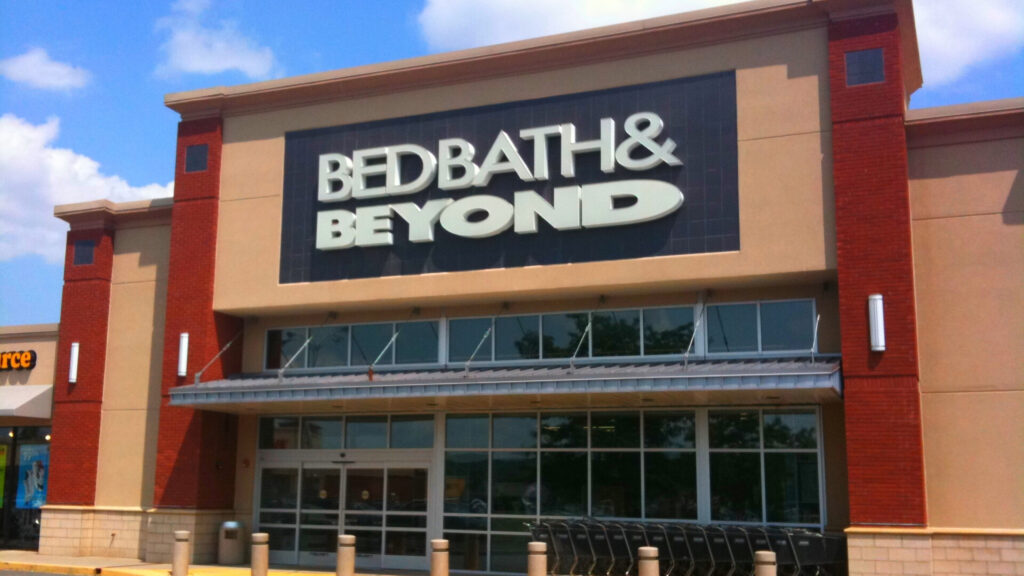
High-profile retailers, including Bed Bath & Beyond, Kohl’s, H-E-B, and Wayfair, have terminated their partnerships with MyPillow, citing Lindell’s controversial political activism. Even Walmart, while still offering MyPillow products online, has removed them from its brick-and-mortar stores. This retail exodus has dealt a significant blow to MyPillow’s revenue streams and brand reputation.
Financial Strain and Legal Battles Take Their Toll
Lindell’s unwavering commitment to promoting election fraud claims has come at a staggering financial cost. Reports indicate that the CEO has spent upwards of $40 million in efforts to back his allegations, including funding various legal challenges and sponsoring events focused on the election denial narrative.
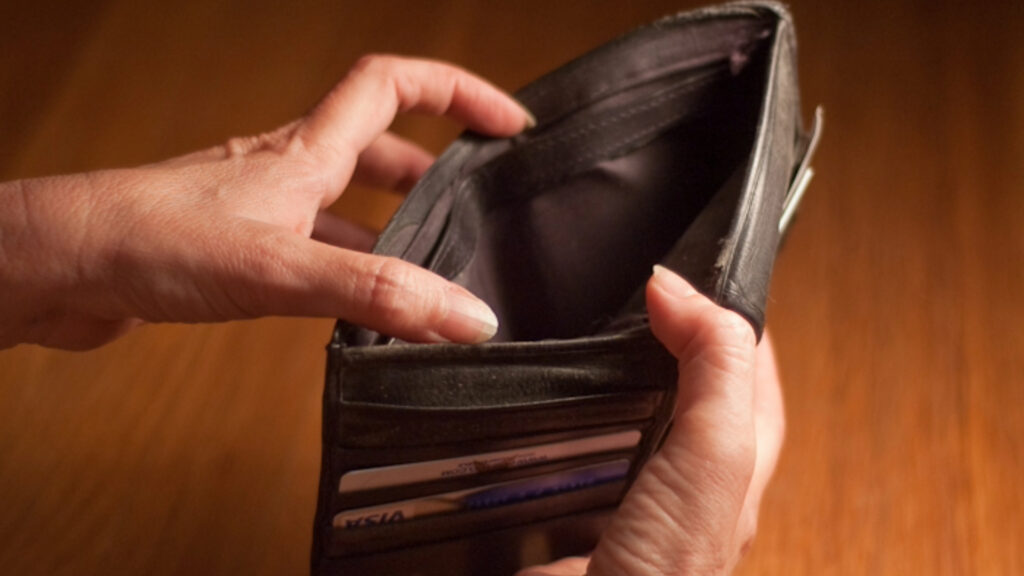
The combination of lost retail partnerships, expensive legal battles, and the recent $5 million judgment against Lindell has put immense pressure on MyPillow’s financial stability. As the company navigates these challenges, it remains to be seen how Lindell will address the mounting debts and rebuild the company’s reputation.
The Road Ahead for Mike Lindell and MyPillow
As MyPillow faces the consequences of the warehouse eviction and the ongoing fallout from Lindell’s election denial campaign, the future of the company hangs in the balance. Lindell, known for his resilience and determination, remains steadfast in his beliefs, even as the financial and legal repercussions continue to mount.

The road ahead for Lindell and MyPillow is fraught with challenges. The company must navigate the loss of key retail partnerships, address the financial obligations related to the evicted warehouse, and work to rebuild its reputation in the face of ongoing controversies. Lindell’s ability to adapt to these challenges and find new avenues for growth will be crucial in determining the future of MyPillow.
Lessons Learned and the Importance of Separating Business and Politics
The story of Mike Lindell and MyPillow serves as a cautionary tale for business leaders who become deeply entangled in political activism. While Lindell’s passion for his beliefs is evident, the blurring of lines between his personal political views and his company’s operations has had severe consequences.

As the MyPillow saga continues to unfold, it raises important questions about the role of business leaders in political discourse and the potential risks of aligning a company too closely with a particular political stance. The lessons learned from Lindell’s experience may serve as a valuable reminder for other entrepreneurs to carefully consider the impact of their personal beliefs on their business ventures.
The MyPillow Eviction and Election Denial Fallout: A Story to Watch
The eviction of MyPillow from its warehouse in Shakopee, Minnesota, and the ongoing challenges faced by Mike Lindell due to his election denial campaign have captured the attention of business leaders, political observers, and the general public alike. As the story continues to develop, it will be crucial to monitor how Lindell and MyPillow navigate the legal, financial, and reputational challenges that lie ahead.

The MyPillow saga raises important questions about the intersection of business and politics, the consequences of aligning a company with controversial political views, and the resilience of a brand in the face of adversity. As the story unfolds, it will provide valuable insights into crisis management, leadership, and the importance of separating personal beliefs from business operations.
The Wider Implications of Lindell’s Battle
The challenges faced by Mike Lindell and MyPillow extend beyond the immediate financial and legal consequences. Lindell’s experience has become a symbol of the deep political divisions and the intense scrutiny faced by public figures who take strong political stances.
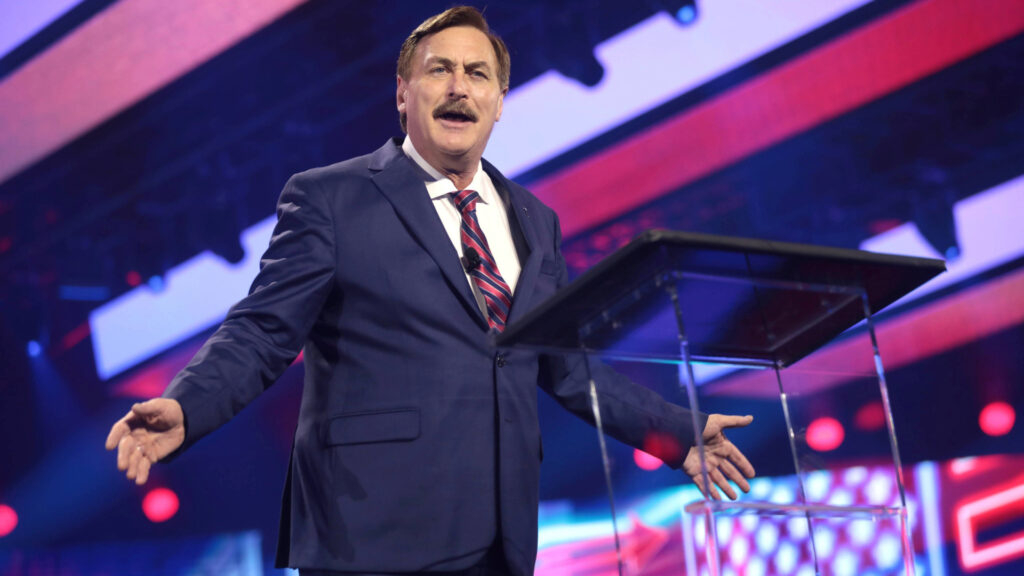
As the nation grapples with issues of election integrity, free speech, and the role of business in political discourse, the MyPillow story has become a microcosm of these larger debates. Lindell’s unwavering commitment to his beliefs, despite the mounting consequences, has made him a polarizing figure, with supporters hailing him as a champion of truth and detractors criticizing his actions as reckless and damaging.
The Future of Political Activism in Business
The MyPillow eviction and the fallout from Mike Lindell’s election denial campaign raise important questions about the future of political activism in the business world. As consumers become increasingly attuned to the political stances of the brands they support, companies must navigate the delicate balance between taking a stand on important issues and alienating potential customers.
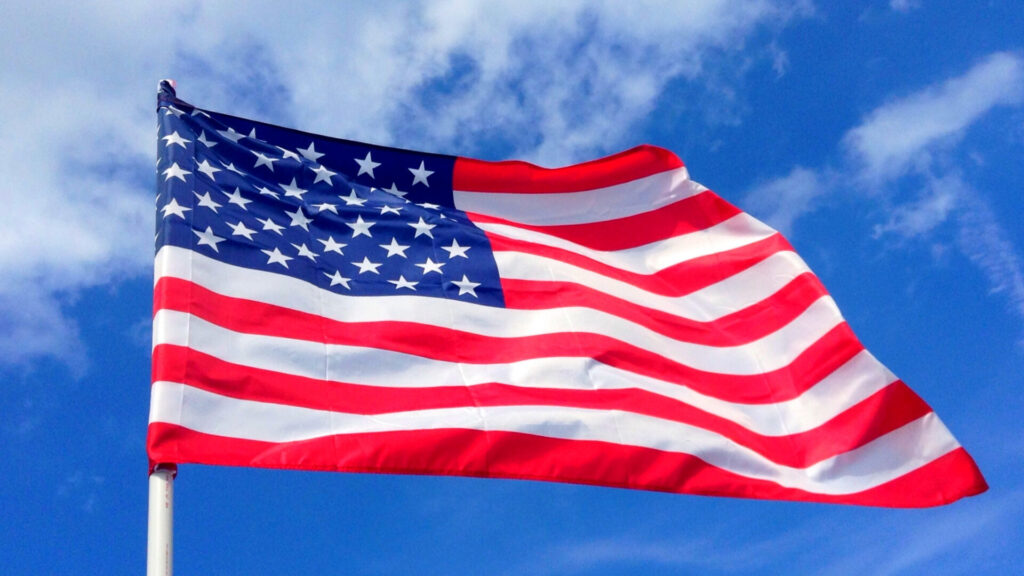
Lindell’s experience serves as a case study for the potential risks and rewards of mixing business and politics. While some may admire his commitment to his beliefs, others may see his actions as a cautionary tale about the dangers of allowing personal political views to overshadow business considerations. As the business landscape continues to evolve, the lessons learned from the MyPillow saga will undoubtedly shape the way companies approach political activism in the future.






GIPHY App Key not set. Please check settings